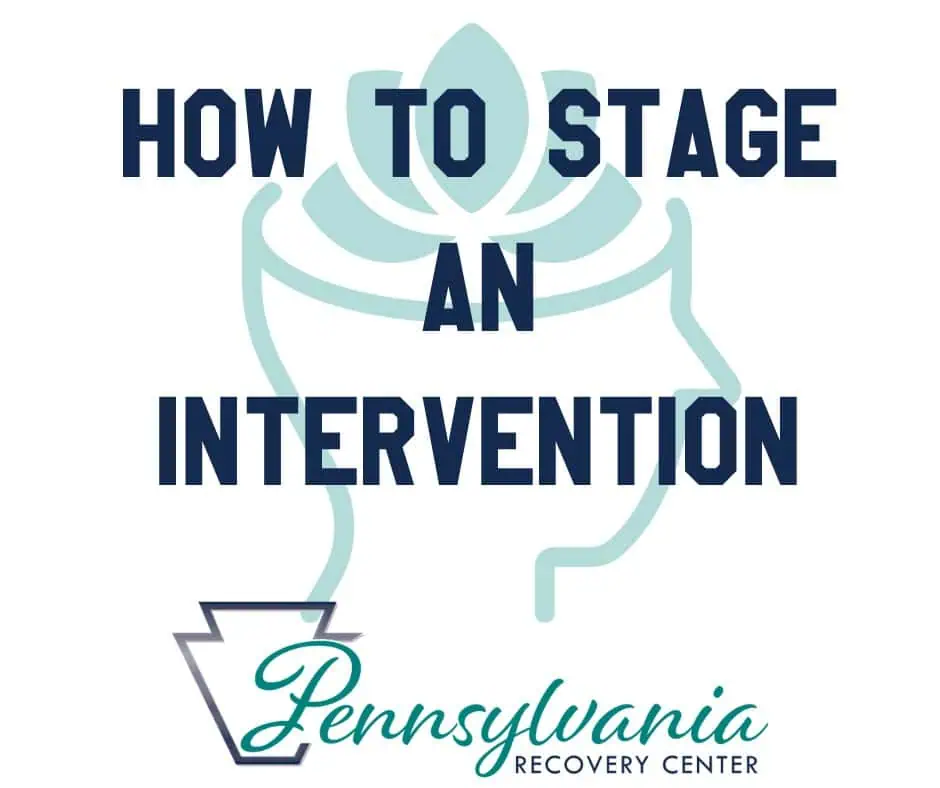
Unlocking Hope: A Comprehensive Guide to Staging Interventions for Alcoholism and Mental Illness at Pennsylvania Recovery Center
Welcome to Pennsylvania Recovery Center, where we are dedicated to guiding individuals and their families towards a path of lasting recovery. One critical aspect of our approach is the understanding that staging interventions can be a transformative step towards initiating change and fostering healing. Let's delve into the details and provide you with a practical, step-by-step guide on how to stage an intervention effectively.
What is an Intervention?
An intervention is a carefully planned process that involves family and friends coming together to address a loved one's substance abuse or mental health challenges. It is a structured, compassionate conversation designed to motivate the individual to seek professional help.
How to Stage an Intervention: A Step-by-Step Guide
Step 1: Educate Yourself Before staging an intervention, arm yourself with knowledge about addiction, alcoholism, or mental health issues. Understand the specific challenges your loved one is facing, including the signs and symptoms. Knowledge is the foundation for effective communication.
Step 2: Assemble a Supportive Team Gather a group of individuals who care deeply about the person struggling. This team should include family members, close friends, and possibly a professional interventionist. The key is to have a unified front and a shared commitment to the individual's well-being.
Step 3: Consult with a Professional Consider reaching out to a professional interventionist for guidance. Their expertise can be invaluable in the planning process. At Pennsylvania Recovery Center, we have experienced interventionists who can provide insights and support tailored to your situation.
Step 4: Plan and Rehearse Create a script that communicates concern, love, and support without judgment. Rehearse the intervention with your team to ensure a unified and coherent message. Anticipate potential reactions and plan your responses accordingly.
Step 5: Choose a Suitable Time and Place Select a time when your loved one is likely to be sober and a location where they feel comfortable. The setting should be private, calm, and free from distractions.
Step 6: Express Love and Concern During the intervention, express your love and concern for the individual. Use specific examples of how their behavior has impacted you and others. Avoid blaming language and focus on the desire for them to seek help.
Step 7: Present Treatment Options Be prepared to present specific treatment options. This could include inpatient or outpatient programs like detox or rehab, counseling, or therapy. Having a plan in place demonstrates your commitment to supporting their recovery journey.
Step 8: Set Boundaries Establish clear and healthy boundaries. Outline the consequences if the individual refuses help, emphasizing that these boundaries are motivated by love and concern for their well-being.
Step 9: Follow Up with Support After the intervention, continue to offer support. Whether your loved one accepts help immediately or not, maintaining open communication and demonstrating ongoing support is crucial.
At Pennsylvania Recovery Center, we understand that each intervention is unique. Our team is here to provide guidance, resources, and a comprehensive approach to recovery. Staging an intervention is a courageous step, and we are committed to helping families navigate this process with care and effectiveness. Contact us today to embark on the journey towards healing and recovery.

